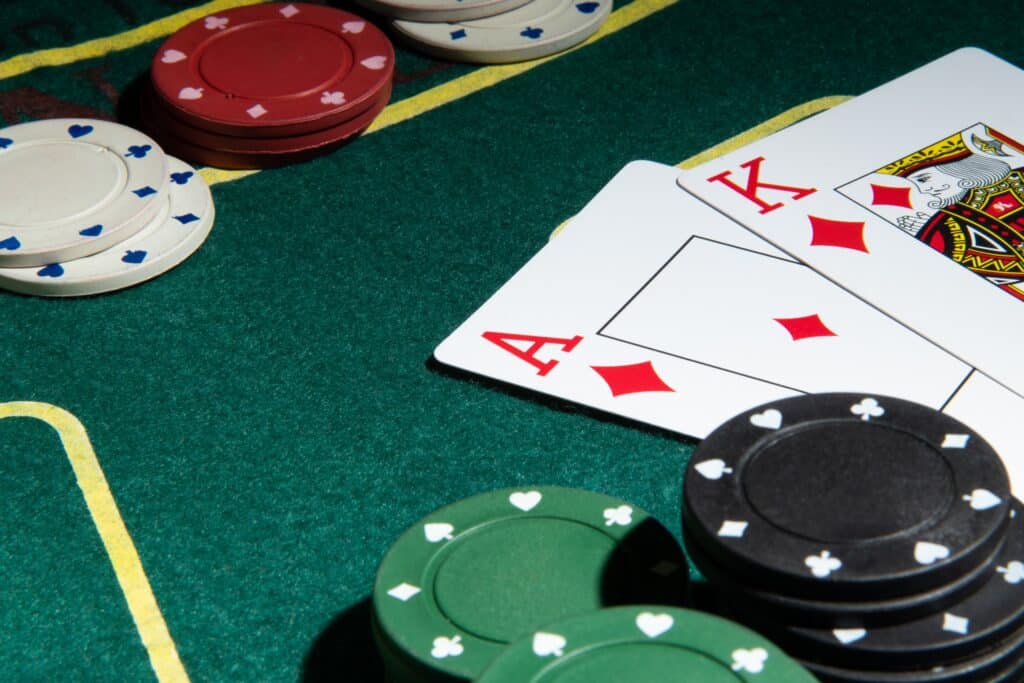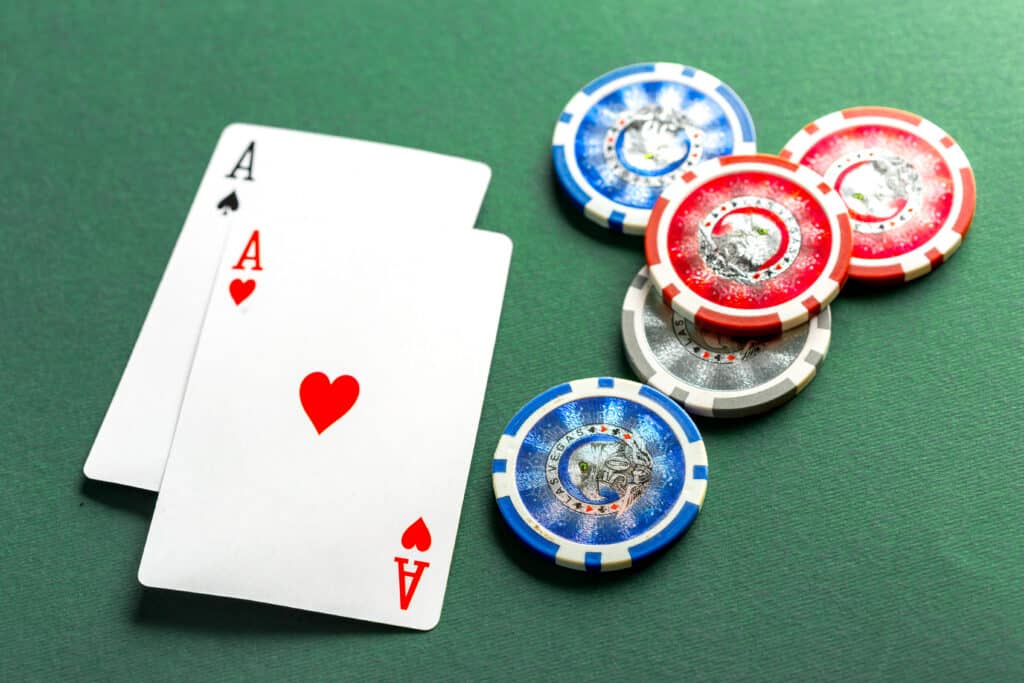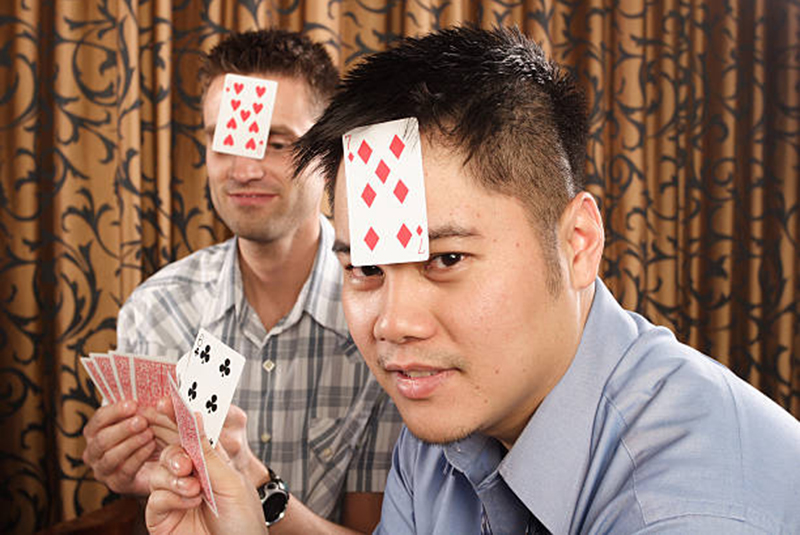When it comes to popular casino games, Blackjack and Poker are two of the most well-known and widely-played. Both games require skill, strategy, and a bit of luck to win, but which one offers better odds of winning? In this blog post, we will compare the odds of winning at Blackjack and Poker to determine which game gives players the best chance of coming out on top. First, we will provide a brief overview of both games and explain some of the key differences between them. Then, we will delve into the odds of winning at each game and explore common strategies for improving your chances.
Finally, we will compare the odds side-by-side and offer our verdict on which game offers better odds. Whether you’re a seasoned player or a newcomer to the world of casino games, this post will provide valuable insights and information to help you make more informed decisions at the table.
Overview of Blackjack and Poker
Here is a brief overview of each game:
Blackjack:
Objective: To beat the dealer’s hand by having a hand that is worth more points, without going over 21.
Players are dealt two cards and can choose to “hit” (take another card) or “stand” (keep their current hand).
Cards 2 through 10 are worth their face value, while face cards (Jack, Queen, and King) are worth 10 points and Aces can be worth either 1 or 11 points.
If a player’s hand exceeds 21 points, they “bust” and automatically lose the game.
Poker:
Objective: To win the pot by having the best hand or by convincing other players to fold.
Players are dealt a certain number of cards (depending on the specific type of poker being played) and can bet, check, call, raise, or fold on each round of betting.
The ranking of hands varies depending on the specific type of poker being played, but generally high-value hands like royal flushes and full houses are the most desirable.
Players can win the pot by having the best hand at showdown or by bluffing and convincing other players to fold.
While both Blackjack and Poker are card games that involve betting and strategy, there are some key differences between them. Blackjack is a faster-paced game that is primarily based on the luck of the draw, while Poker is a more strategic game that involves reading your opponents and making calculated decisions.

Odds of Winning at Blackjack
The odds of winning at Blackjack are determined by the game’s house edge, which is the statistical advantage that the casino has over the player.
The standard house edge in Blackjack is around 0.5%, which means that the casino expects to make a profit of around 50 cents for every $100 wagered by players. However, this assumes that players are using optimal strategy and making the best possible decisions on every hand.
However, in general, the following strategies can help improve your odds:
- Use Basic Strategy: Basic Strategy is a set of rules that dictate the optimal decisions to make in every possible situation in Blackjack. By following Basic Strategy, you can reduce the house edge to as little as 0.5%.
- Avoid Insurance Bets: Insurance bets are side bets that you can make when the dealer’s face-up card is an Ace.
- Avoid Progressive Betting Systems: Progressive betting systems like the Martingale system involve increasing your bets after every loss. While these systems can be tempting, they are ultimately not effective and can lead to big losses over time.
Overall, if you use Basic Strategy and stick to sound betting principles, you can improve your odds of winning at Blackjack and enjoy a relatively low house edge.
Odds of Winning at Poker
In general, the odds of winning at Poker depend on your ability to read your opponents and make strategic decisions based on the information available. This can involve factors like:
- Calculating Pot Odds: Pot odds are a measure of the ratio between the size of the pot and the size of the bet you need to make. By calculating pot odds, you can determine whether it is mathematically profitable to make a certain bet or call.
- Reading Opponents: Reading your opponents involves paying close attention to their behavior and body language, as well as the cards they have played. By doing this, you can gain valuable information about their hand and make more informed decisions.
- Understanding Position: Position refers to where you are seated in relation to the dealer and other players. In Poker, having a better position can give you more information and more control over the pot.
- Playing Tight-Aggressive: Tight-aggressive play involves playing fewer hands but making more aggressive bets when you do play. This can help you avoid making costly mistakes and capitalize on strong hands.
Overall, the odds of winning at Poker depend on your ability to make sound strategic decisions and read your opponents effectively. While luck certainly plays a role in the game, skilled players can often overcome bad luck and come out ahead in the long run.
Comparison of Odds
When comparing the odds of winning at Blackjack and Poker, it’s important to remember that the two games are fundamentally different.
The standard house edge in Blackjack is around 0.5%, while the house edge in Poker can vary widely depending on the specific game and the skill level of the players. For example, in Texas Hold’em, the house edge is typically around 2-5%, while in games like Omaha and Seven-Card Stud, the house edge can be even higher.
However, it’s important to remember that the house edge in Blackjack assumes that players are using optimal strategy and making the best possible decisions on every hand.
Overall, while Blackjack has a lower house edge than most forms of Poker, the odds of winning at either game ultimately depend on the specific circumstances and the skill level of the players involved.
Conclusion
The question of whether Blackjack or Poker offers better odds ultimately depends on the specific circumstances and the skill level of the players involved.
Regardless of which game you prefer, the key to improving your odds of winning is to use sound strategy and make informed decisions based on the information available. In Blackjack, this means using basic strategy and avoiding side bets and progressive betting systems, while in Poker, this means calculating pot odds, reading opponents, and playing tight-aggressive.
Ultimately, both Blackjack and Poker can be enjoyable and rewarding games, and the key to success in either game is to approach it with a combination of skill, strategy, and a bit of luck.



